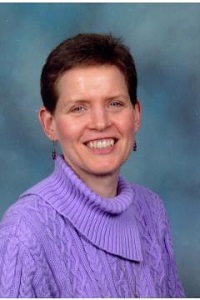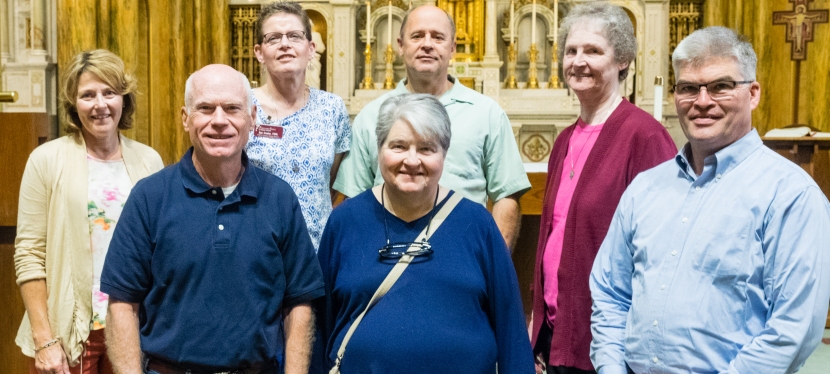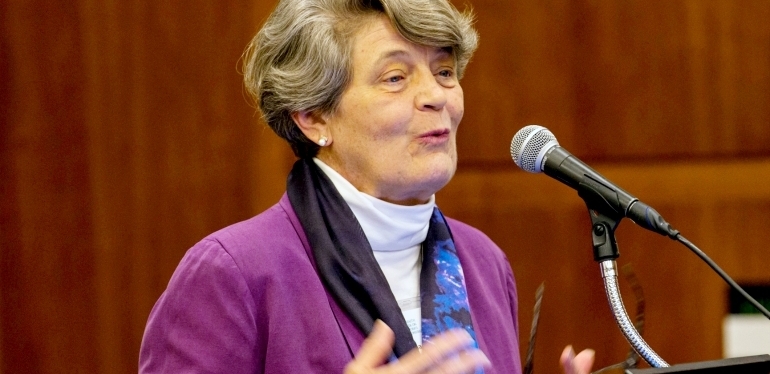When we saw a recent article (Wisconsin groups to get $12M settlement for natural gas price fixing) from the La Crosse Tribune quoting Sr. Sue Ernster, FSPA, we wanted to bring it to the attention of our SGI members. Sr. Sue adds:
FSPA participated in the lawsuit of the manipulation of natural gas pricing by multiple utilities as another way of how we live out our social justice activities and our values. We see this as an effort to help those whose voices are not represented in this and other situations. We are utilizing the resources we have at our disposal to hold those accountable who were responsible for this price manipulation.
Our hope is that participating in litigation settlements such as these, as well as filing shareholder resolutions with companies, demonstrates that people are paying attention, asking questions and holding them accountable for their actions.










